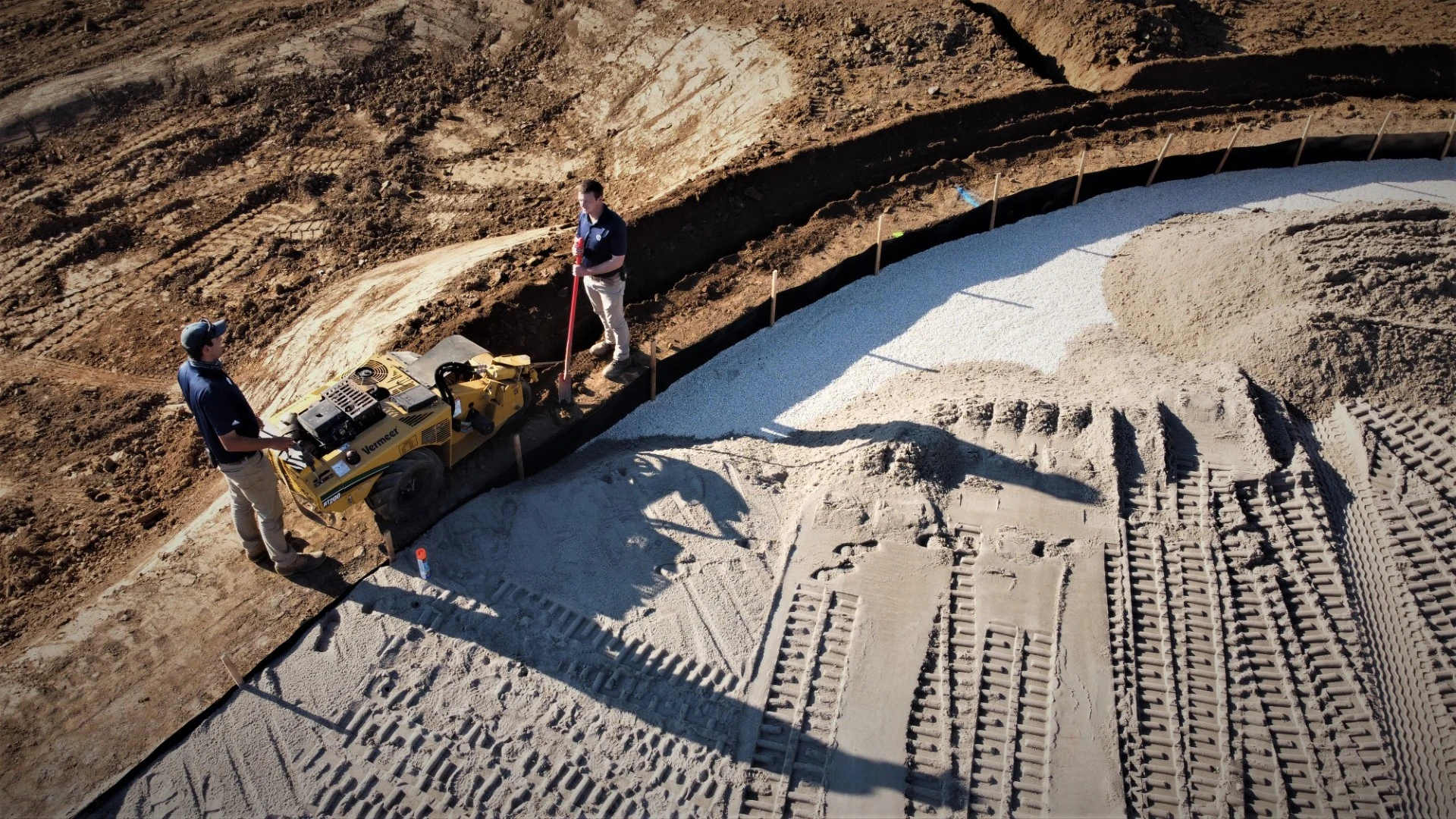
Believe it or not, I have some good friends who are PGA pros. I was talking with one of them recently, joking about the “weed whacker” and “shirt stacker” reputation each side has with the other. That evolved into a serious conversation about the sometimes-contentious relationship between pro and super at any given club, which led me to poll my fellow superintendents on the biggest challenges they face dealing with their pro.
Before you start tweeting and emailing me, remember, it’s a two-way street.
The secret is communication. I don’t care if you read any further or where you work. You two are the key to a successful course or club, and especially to the member/golfer experience. If you don’t communicate, everyone suffers.
You can’t act as independent satellites. No hiding in your maintenance compound or holing up in your office behind the pro-shop counter. The golf pro and course superintendent have a symbiotic relationship: You need each other, depend on each other and can help each other. Hand in hand, that spirit of cooperation is good for everyone, and good for the game.
Since this is a forum for superintendents, what follows are the irksome habits we’ve noticed in our pros. But I advise all you supers out there to think about the things you might be doing that are annoying — or real obstacles — to your pro. Don’t just nod your head in recognition. Think how you can improve the relationship from your side.
A common theme was “the pro and I don’t see eye to eye.” Or worse, “we just don’t get along.” Whether that’s work-related or personalities clashing, you don’t have to be the best of friends to work together. But you do need to be pulling in the same direction.
One superintendent said he’d been on the job for 10 years and the pro has yet to come to his office. Is your office meeting-worthy? Is it clean, functional and professional?
Another said his pro never returns phone calls or emails. Just to you or to everyone? And how responsive are you? I’ve noticed more and more supers doing the same thing. It’s not only rude, it’s the sort of behavior that leads to getting fired. No one likes being ignored, so carve out times throughout the day to respond, even if it’s just to say you need more time to get back with the information.
Tournament schedules were a big issue. Do you work with the pro to set events, so they coordinate with agronomic needs? I’ve always said cultural practices and agronomy should take precedence: Have you explained this to the green committee, board of directors and the golf pro? Do they understand and agree?
When it’s time for events, are the golf and grounds staffs communicating regarding set-up and shotguns? You likely have a routine, a way of doing things that works for you and your team. But can you be a little more flexible a few times a season?
As for “pop-up special events” not on the calendar? I’m with you on this one, but again, communication is key.
One superintendent said that when he needs to work on the course, particularly when he needs to shut it down, the pro gets bent out of shape because he’s not making money from cart rentals, lessons, shop sales, etc. The pro has a right to be peeved but should understand when you explain that if you don’t do your job and conditions deteriorate, golfers won’t want to play the course, and nobody will make money.
Course conditions were a source of many super-pro conflicts: The pro who doesn’t believe what the super tells him about conditions, who rides around to check for himself, who calls other clubs to see how their conditions are. And who doesn’t believe it when you say the course should be closed due to the weather? Be honest: Are you closing it down just to show who’s in charge? Or are you discussing your concerns with everyone first and thinking of the course’s best interests? Course conditioning is not the pro’s area of expertise, so the more information you can provide, the better off you’ll both be.
Build a partnership. Take the high road. Set weekly meetings to talk. Become a team.
But I also don’t think you should sit quietly if the golf professional refers to you and your team as weed whackers, dirt farmers, sod busters or grass asses. Part of making sure they see you as the professional in your field and as the true “managers of the game” is standing up and demanding the respect deserved for the level of responsibility and golf industry knowledge you have and deal with every day.

Explore the July 2019 Issue
Check out more from this issue and find your next story to read.
Latest from Golf Course Industry
- Standard Golf announces new product lineup for 2025
- The Salt Pond taps Troon for management
- KemperSports selected to manage Swansea Country Club
- From the publisher’s pen: Grab that guide
- Introducing our April 2025 issue
- South Carolina leaders honor golf course superintendent
- One and only
- Wild can be good






